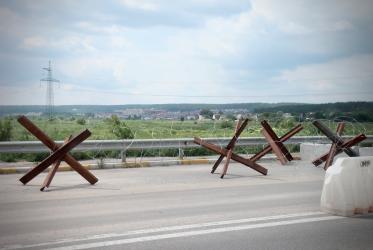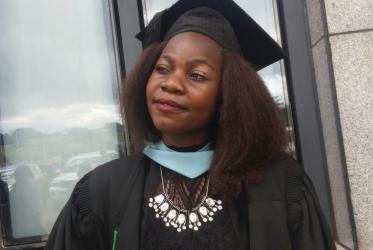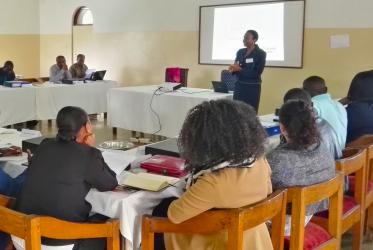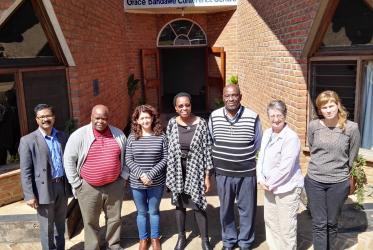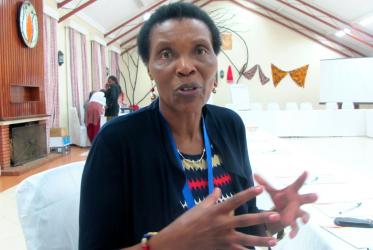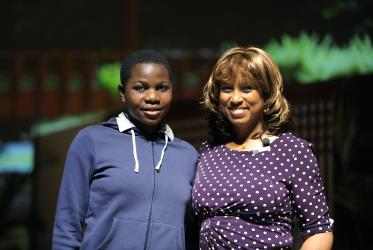Displaying 1 - 19 of 19
07 February 2024
Churches respond to Malawi cyclone disaster
29 March 2023
Ukraine: Responding to humanitarian need
08 September 2022
African youth takes stand at first ever WCC Eco-School
03 August 2017
“Do you know where to search for your lost child?”
18 July 2017
Applications open for WCC Eco-School
10 May 2017
Issues of justice in focus at WCC Busan assembly
06 November 2013
